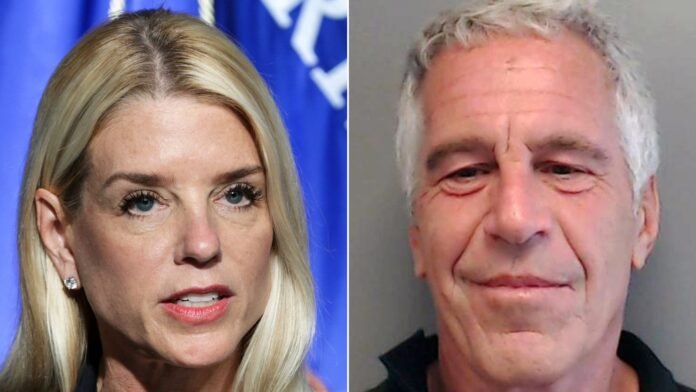The Justice Department filed a new request this week seeking a grand jury release of materials related to Jeffrey Epstein’s federal investigation. The filing comes as the DOJ faces a 30-day deadline under the Epstein Transparency Act. Consequently, the grand jury release could reveal new details from Epstein’s 2005 and 2007 investigations in Florida.
Specifically, DOJ attorneys asked a federal court in Florida to unseal grand jury transcripts and lift the protective order. They also said they would make redactions to protect victims and other sensitive information. In doing so, the department hopes to comply with the congressional timeline.
The Epstein Transparency Act, passed unanimously in the Senate and 427-1 in the House, requires the public release of unclassified records, documents, communications, and investigative materials. However, the law does not explicitly mention grand jury materials. Therefore, DOJ argued these materials are not exempt.
Earlier this year, DOJ submitted similar requests in New York and Florida to release Epstein and Ghislaine Maxwell-related grand jury material. However, courts denied those requests. As a result, the public expressed concerns about transparency in Epstein’s federal case.
Jeffrey Epstein died by suicide in 2019 while in federal custody in Manhattan. At that time, the DOJ confirmed there was no evidence of a client list used for blackmail. Meanwhile, Ghislaine Maxwell, Epstein’s longtime associate, is serving a 20-year sentence in Texas for child sex trafficking and related offenses.
Legal experts said a grand jury release could increase public understanding of the federal case. Additionally, they noted that courts must balance transparency with privacy and safety for victims.
Congressional leaders emphasized the importance of quick compliance with the Epstein Transparency Act. They stated that prompt action would demonstrate the government’s commitment to openness. Similarly, DOJ officials indicated readiness to act quickly to meet the statutory deadline.
Observers noted that a grand jury release could set a precedent for sensitive federal investigations. Moreover, they said the decision could strengthen public trust in both the justice system and congressional oversight.
The court is expected to review the DOJ request in the coming weeks. If approved, the grand jury release would mark a major step toward transparency in one of the nation’s most scrutinized criminal cases.
For more updates, visit DC Brief.


